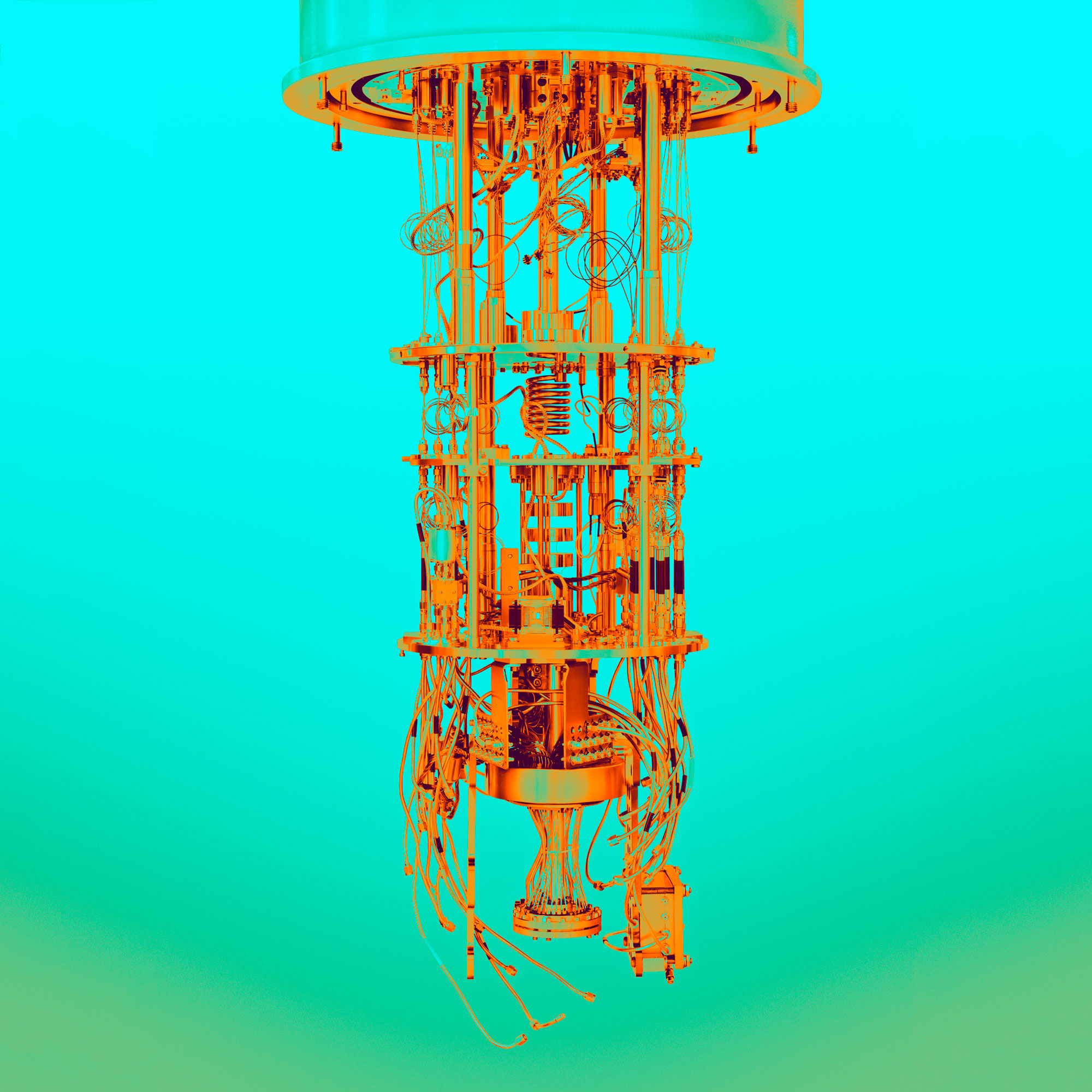Index Surge: Amplifying Your Insights
Stay updated with the latest trends and news across various industries.
Quantum Computing: A Dance with the Unseen
Explore the mysterious world of quantum computing and uncover how it's revolutionizing technology in ways you never imagined!
Understanding Quantum Bits: The Foundation of Quantum Computing
Quantum bits, or qubits, are the fundamental building blocks of quantum computing. Unlike classical bits, which can exist in a state of either 0 or 1, qubits can exist in a superposition of states, allowing them to be both 0 and 1 simultaneously. This unique property enables quantum computers to perform complex calculations at unprecedented speeds. Furthermore, through a phenomenon known as entanglement, qubits can be interconnected in such a way that the state of one qubit can depend on the state of another, no matter how far apart they are. This opens the door to solving problems that are currently infeasible for classical computers.
The capabilities of qubits fundamentally change the landscape of data processing and computation. For instance, while a classical computer might require a linear number of bits to analyze a large dataset, a quantum computer can leverage the power of quantum parallelism to process multiple possibilities at once. This efficiency is particularly significant in fields such as cryptography, material science, and complex system simulations. As research into quantum technology continues to advance, understanding qubits will remain essential for harnessing the full potential of quantum computing in the future.

How Quantum Computing Could Revolutionize Problem-Solving
Quantum computing is poised to revolutionize the way we approach problem-solving across various fields, from cryptography to drug discovery. Unlike classical computers that process information in binary, quantum computers utilize qubits, which can represent multiple states simultaneously. This unique property allows quantum computers to perform complex calculations at unprecedented speeds. For instance, problems that would take traditional computers thousands of years to solve could potentially be tackled within mere seconds by leveraging quantum algorithms. As organizations start to integrate quantum computing into their operations, we can expect significant advancements in sectors that rely on complex computations.
Moreover, the implications of quantum computing extend beyond just speed; they also involve the ability to analyze enormous datasets with greater accuracy. In industries such as finance, researchers are already exploring how quantum algorithms can enhance risk analysis and portfolio optimization. In healthcare, quantum computing could accelerate the discovery of new medications by simulating molecular interactions far more efficiently than classical methods. As the technology matures, it is likely to unlock solutions to some of the world’s most pressing challenges, illustrating the transformative potential of quantum computing in problem-solving.
What Are the Real-World Applications of Quantum Computing?
Quantum computing is poised to revolutionize various industries by providing unprecedented computational power. One of the most significant applications is in pharmaceutical development, where quantum algorithms can simulate molecular interactions at an atomic level, drastically reducing the time required for drug discovery. Additionally, quantum computing enhances optimization problems across logistics, finance, and manufacturing, allowing businesses to analyze complex datasets and find optimal solutions more efficiently than classical computers.
Another promising application is in the realm of cryptography. Quantum computers can break conventional encryption methods, prompting the development of quantum-resistant algorithms to secure sensitive information. Moreover, quantum computing plays a vital role in advancing artificial intelligence by providing faster processing capabilities for machine learning tasks, thus enabling more sophisticated data analysis and predictive modeling.